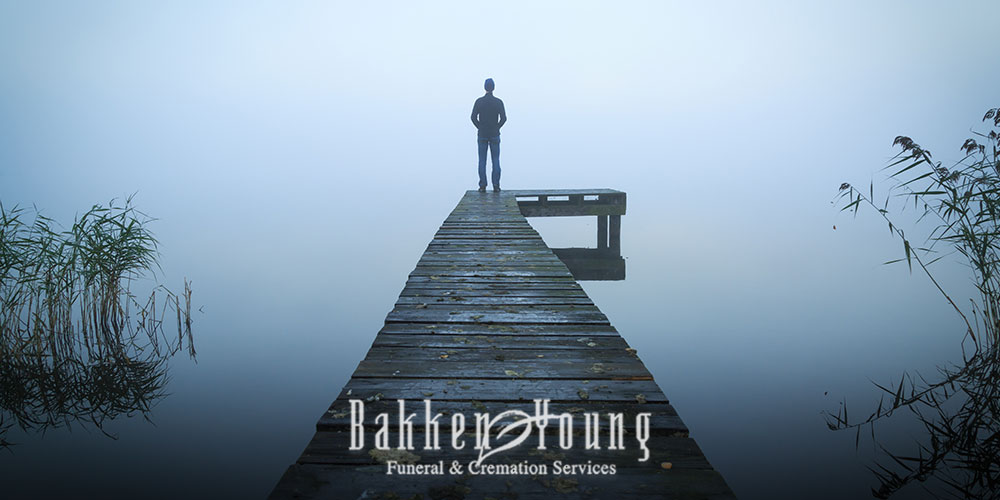By Julia Rajtar, MAPS, BCC
The son flew in for the weekend to keep vigil with his family while his father was dying. The doctor informed the family that “though we don’t know for sure, their father could still live with this cancer for a few months.” The son remained for one week before reluctantly flying back home. His father dies at the end of the week.
A 50 year-old wife and her husband awoke from a blissful night, preparing to go to visit their daughter in college. After washing her hair, the wife returned to the bedroom, less than 20 minutes later, when she found her husband still in bed, foaming at the mouth and non-responsive. She dialed 911 and waited for agonizing minutes till the paramedics arrived. Her husband died and she battled with the question, “why didn’t I try to perform CPR?”
Guilt in Bereavement
Guilt is a natural response when grieving. Studies have shown that between 30 and 60 percent of bereaved individuals experience guilt; the number is as high as 90 percent in some studies(Lee, Stroebe, Chan, & Chow, 2014). If guilt is natural for the bereaved, how do we address it and generate some self-compassion in the process?
Guilt is the feeling you get when you perceive that you did something wrong. Shame is the feeling that your whole self is wrong, and it might not be related to a specific action or event. People often confuse the two and there are times when guilt, unaddressed, can turn into shame. People often assume that if they feel guilty, then they must have done something wrong.
David Feldman, PhD, offers these and some additional thoughts in the webinar, to address the guilt:
- People can be too hard on themselves in the midst of grief. One way to address
that self-judgement is often with greater compassion.
- Guilt is a struggle when a decision made is perceived as the wrong choice. Ask, “did I
make the best choice I could given the information I had at that time?”
Guilt is a natural response while in bereavement. Most will experience guilt, but not all. Because you experience guilt does not mean you are a bad person, and conversely, because you don’t not experience guilt does not mean you are a bad person. As bereaved, we can be so hard on ourselves and tell ourselves we are no good or unworthy, yet we deserve love and self- compassion, just like everyone else.
Search in all directions with your awareness and you will find no one dearer than yourself.
– The Buddha
Visit our grief resource page to find more ways that we can support you in your grief journey.
Sources:
TAPS Webinar, Coping With Guilt When You’re Grieving, David P. Feldman, PhD, Santa Clara University, March 16, 2021.
Shapiro, Shauna, PhD, Good Morning, I love you, SELF COMPASSION PRACTICES, kind of mindfulness and meditation but other practices as well, Canada, What You Practice Grows Stronger, Inc, 2020.


Add Comment